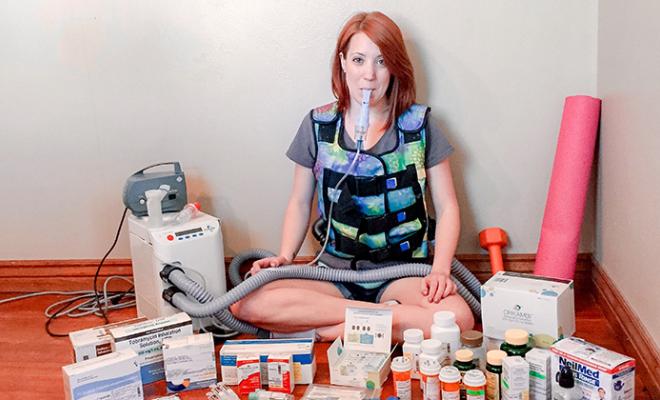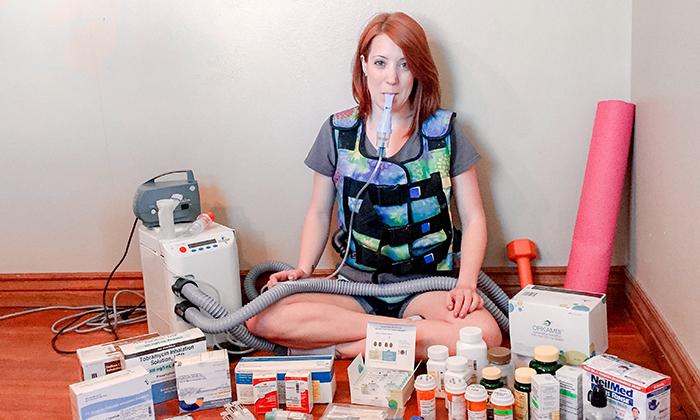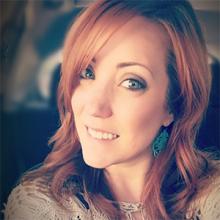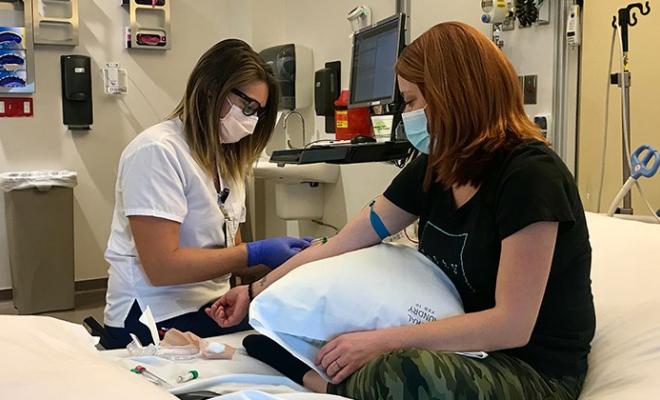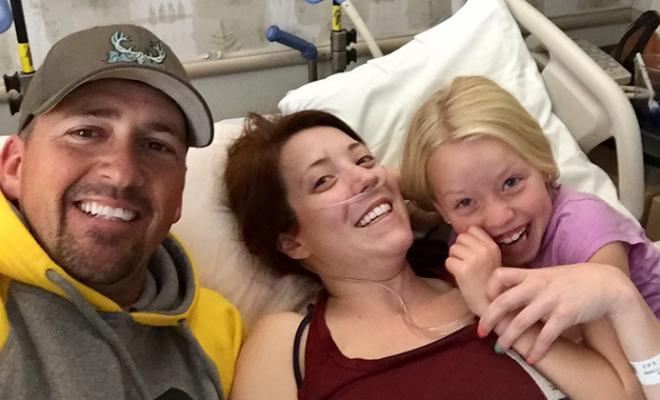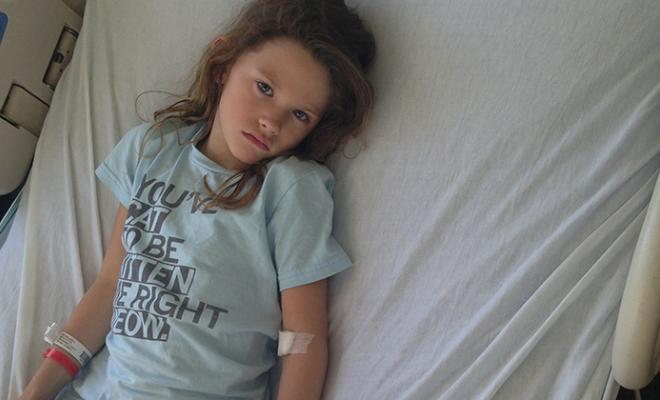“You seem fine to me.”
“You get to just sit at home all day? You're so lucky!”
“I wish I got a permanent paid vacation.”
“You're a student? OK, but I mean, like, what do you actually do?”
These are all actual responses I've gotten when I've explained that I don't work because of my health. People have the hardest time understanding why I “can't hold down a job” when I appear to be just fine. Such is the nature of invisible illness and the ableist society we live in. (If you don't know what ableism is, look it up. Pronto.)
Not having a job is one of my biggest insecurities and also one of the reasons I'm hesitant to share this information with someone I don't know very well. We live in a society that believes if you're not visibly sick, you're not really sick at all. We also have a way of attaching someone's worth to their ability to work and function normally. And, even when someone has a diagnosis we can see and generally accept, we tend to believe that if they just try hard enough, they can conquer the disease.
Quitting my job and applying for disability was one of the most difficult decisions of my entire life -- one I did not take lightly. I lost a huge part of myself when I stopped working. My social life suffered, I felt stripped of my independence, and I began struggling with feelings of worthlessness and depression. I had internalized the messages I'd been surrounded by -- the ones that told me I wasn't valuable unless I had a job, that I wasn't as sick as I made myself out to be, and that I could work if I'd just put in more effort.
There are a few things I wish people knew about those who can't work because of a disability:
- We wish we could work. We would love to have a career, put our degrees to use, and be able to contribute financially. Working is about so much more than paying bills, it's about pursuing passions, building self-esteem, and being part of the world around us. Trust me, if we could be working without risking our health (and subsequently, our lives), we would be.
- Being disabled is not a vacation. We don't just sit around all day. Several hours of my day are spent doing things that directly relate to my health -- running to and from doctors appointments, filling out paperwork (to prove that my progressive genetic condition hasn't suddenly disappeared), doing treatments and taking medications, exercising, making phone calls, waiting on medication deliveries, and sometimes napping (but less like a vacation-y nap, and more of an “utter exhaustion/can't make it through the day/my eyes are closing as I'm sitting straight up” kind of nap).
- Having fun does not mean we can safely or reasonably work full-time. This one really gets to me. I've been called out on pictures I've posted that show my family spending time outside, traveling, or doing other fun things together. “If you can do all that, you can get a job.” Um … no. Just no. Having a chronic illness does not prevent me from wanting to enjoy my life. I do like to go out and have fun, and I love sharing pictures of those moments, but those things do not mean that I am fine. For every picture that is posted, there are so many things that aren't made visible -- the work it took to get there, the hours or days spent recovering (depending on the event), the treatments I needed before and immediately after going out, the coughing, the exhaustion, the accommodations my friends/family had to make in order to include me in those things. Everything in my life is scheduled around my treatments and medical needs. My ability to occasionally go out and do fun things does not equate to the ability to work a full-time job. People don't have to work in order to “earn” the right to enjoy life.
- We are valuable. The inability to work does not make a person worthless. We all have inherent value, regardless of our physical abilities. I really wish that “getting to know someone” was less about the things they do and more about who they are as a person. Someone's job status should not determine how valuable or worthwhile they are. Instead of asking someone what their job is, why don't we ask what they're passionate about? Instead of measuring incomes, why don't we measure acts of kindness? It sounds a little idealistic and Utopian, I know, but I would love to live in a world where that was the norm.
- There is so much that you don't see. This one is pretty simple. For everything you observe and think you know about someone, there are about 100 things that you couldn't even imagine.
Just last week, I was doing some paperwork that required a letter from my doctor. Of course, when I saw the letter hit my inbox, I read it before forwarding it on. A few parts jumped out at me.
- “Jennifer is very adherent to her complex breathing treatment, airway clearance, and medication regimen, and this enables her to maintain her health and present quality of life.”
- “I do not think it is safe for her to work at all.”
- “I do not expect Jennifer to be able to work in the future due to the progressive decline in health and lung function associated with cystic fibrosis.”
These words have so much weight. I know these things, and the people closest to me know them as well. I know that the best decision for myself and my family is to make my health my top priority. But sometimes, no matter how much I tell myself I don't care what others think, it's nice to get this kind of validation. It's a reminder that I'm doing the right thing, and that no matter how hard I try, I can't wish or work this disease away.
And, I'd rather not die trying to.
Join the conversation on Facebook.

